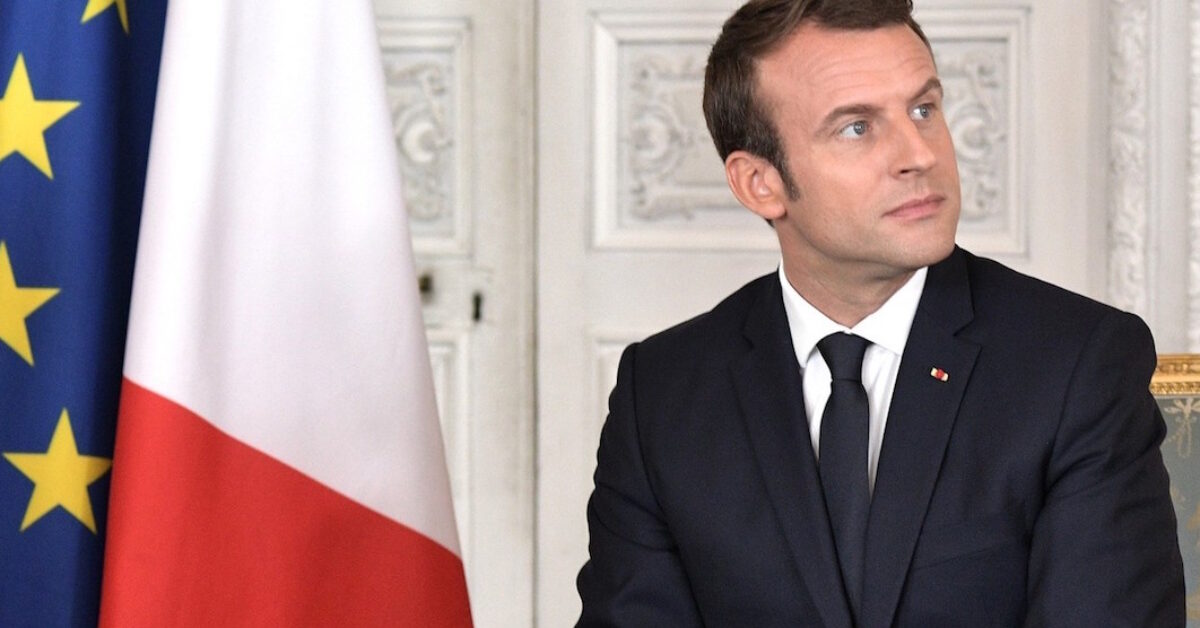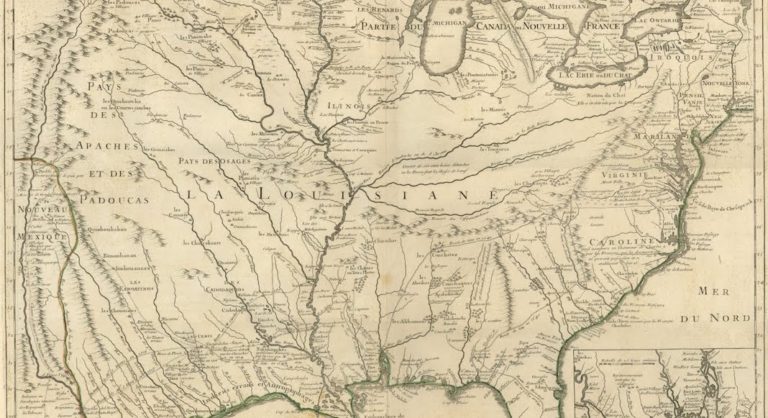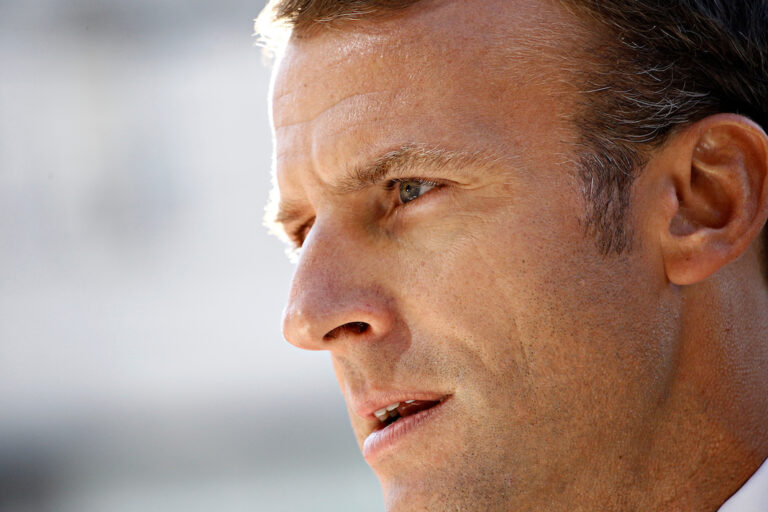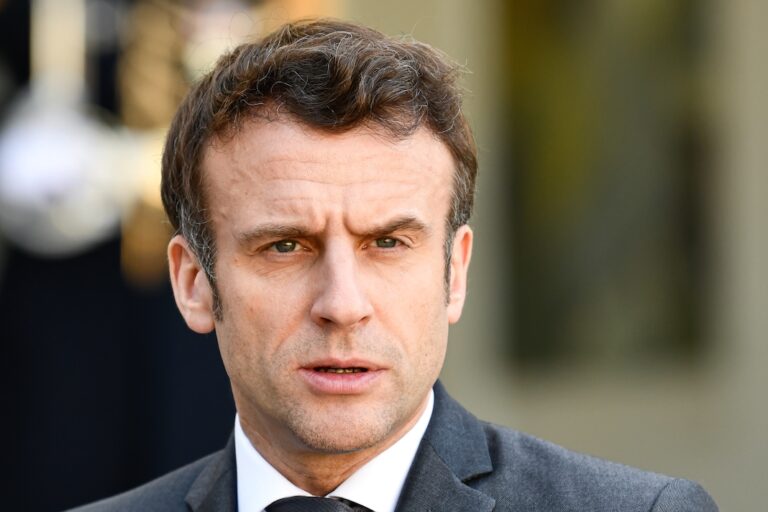A nationwide initiative called “Le Grand Débat” (the Great Debate) has just begun in France. It’s a government-run program created in response to country-wide protests, and how it goes will likely effect when the protesting stops.
In mid-November, people living mainly in rural France started protesting a fuel tax hike proposed by President Emmanuel Macron in his push to make France more environmentally sustainable. These protestors became known as gilets jaunes (yellow vests). As the protests gained steam, the gilets jaunes were joined by people who dislike Macron and the government plus a few people just looking to cause damage and fight the police. After a two particularly violent weekends, Macron announced in a televised address on December 10 that he would shelve the proposed fuel tax hike and also increase minimum wage by 100 euros per month among several other policy changes intended to provide economic relief to lower- and middle-class people. But not everyone was impressed with Macron’s policy proposals and the protests continued.
On December 18, Macron announced a nationwide debate, Le Grand Débat, open to all French people. The idea is that debates-slash-townhalls will be organized all over France, providing French citizens a chance to give their input on four central themes: ecological transition, taxes, the structure of the government, and democracy and citizenship. Five impartial “guarantors” ensure Le Grand Débat’s independence from the government.
https://www.instagram.com/p/Bs0BMKDnIbE/
Essentially, Le Grand Débat is a forum for the French people to have an open dialogue with their government. Anyone can organize a debate for a neighborhood, town, or region. Le Grand Débat’s co-organizers, the National Commission for Public Debate (CNDP), provide kits and presentations to help debate organizers lead conversations. Without attending a debate, citizens can participate in Le Grand Débat by responding to questions on a dedicated website, launched January 21.
To help inform what kinds of questions should be posed during Le Grand Débat, before it began the French government asked citizens to lodge complaints about whatever they wanted with their local mayors. According to a ministerial note, the most common complaints were about the benefits elected representatives have, taxes, purchasing power, the abandonment of rural areas, and immigration.
Le Grand Débat officially started in Grand Bourgtheroulde on January 15 with a meeting between Macron and 600 mayors. Over 800 local debates will occur all over France and its overseas regions until mid-March. All contributions during Le Grand Débat — on the website, at debates, and from focus groups of citizens — will be compiled for “quantitative and qualitative analyses” by the guarantors, who will then create a report that informs the creation of a new “economic, social, and environmental pacte” as well as structure the actions of the government and parliament in the coming months.
Macron’s hope for Le Grand Débat is two-fold: find out what the French people want and try to do it (it will only increase his popularity), and make the people of France feel heard by their government — at least enough that they stop protesting.






